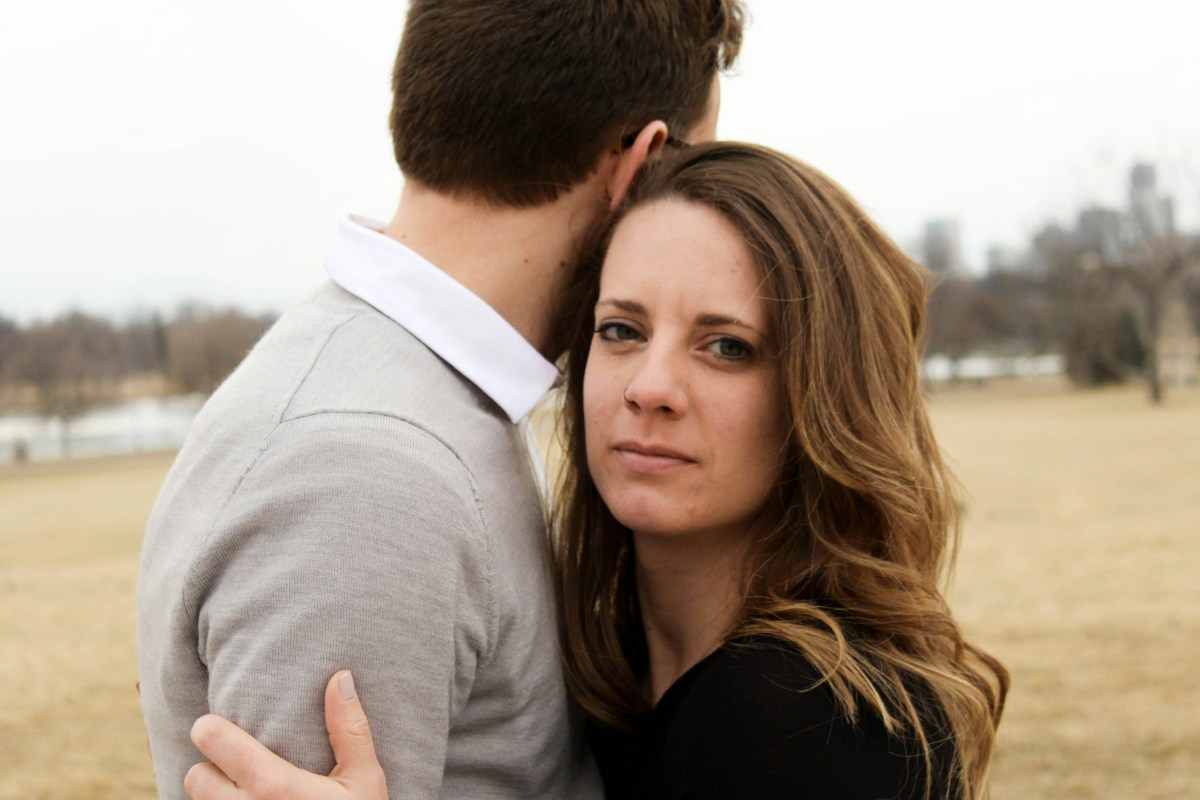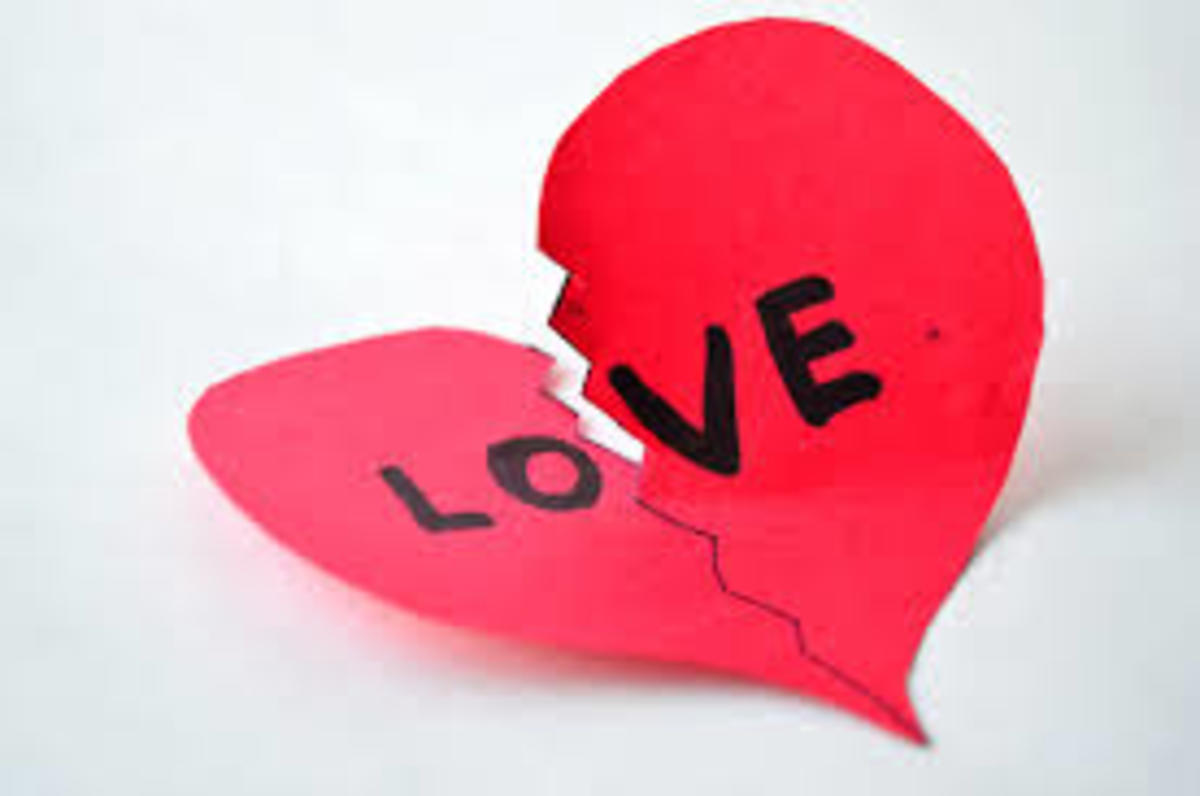How to Get Over Romantic Rejection
Almost all of us has dealt with romantic rejection at least once in our lives. We all know how painful it can be to be not liked back by the person we like. Having the right coping skills and knowing how to get over romantic rejection can save you a lot of frustration and negative feelings. You must have survived so far to be now reading this article, that means you're doing good already, but read on as we explore how to deal with romantic rejection in the least painful way.

1. Accept Your Emotions
Part of learning how to get over romantic rejection is learning to accept the negative emotions associated with it. Rejection can cause many negative emotions that are sometimes difficult to deal with. Many people refuse to deal with these emotions and they try to pretend they don't feel hurt. Refusing to deal with your emotions causes even stronger negative emotions and slows down the healing process. The sooner you deal with your emotions, the faster you will move on.
2. Give Yourself Some Time
Rejection can hurt a lot for some time. You may be experiencing explosions of mixed feelings, so don't rush in to any important conclusions and decisions. Rather, give yourself some more space, and as time goes on it will hurt less and less. It's kind of like getting sick. At some point you are going to be completely over it. So remind yourself that time will heal your wound faster than you expect, and that one day when you find the right person, you will feel silly for feeling so hurt over someone.
3. Don't Take It Personally
This is a a difficult one. How can you not take it personally when it happened specifically to you? It's very intimate feeling that is for sure, but take a moment to reflect - almost everyone gets rejected in life. Just because someone rejected you doesn't mean there is something wrong with you. Sometimes people can reject you even if they are attracted to you. The important thing to remember is that if someone rejected you, that person was not the right one for you, even if you felt like they were. The worst thing you can do is let the rejection affect your self-esteem.
4. Don't Isolate Yourself
It's normal not to feel in the mood to pursue new people when you are dealing with a fresh rejection but isolating yourself too much can cause more negative feelings and more loneliness. Spending time with other people that are close to you can diminish the pain of rejection and the feelings of loneliness. Also, socializing increases the likelihood of meeting someone new.
5. Stop Pursuing the Person
A lot of us continue to pursue people that reject us in hope they will change their mind. The truth is, if a person is continually giving clear signs that they are not interested it is very unlikely they will change their mind. You are only hurting yourself by continuing to pursue them and getting rejected over and over again. You will move on and get over them much faster if you stop putting yourself in the position of being rejected by the same person.
6. Notice If You Have a Pattern of Pursuing Unavailable People
A lot of us are drawn to people who are unavailable for some psychological reason. Do you find yourself failing for people who are in relationships or are emotionally cold and unavailable? Do you tend to equate emotional unavailability and coldness with strength and independence and therefore get attracted to it? If so, you may have a pattern of getting attracted to people who will most likely reject you. If you maintain that pattern you are putting yourself in a situation where you get continually rejected. So try to change that pattern if you notice it in yourself.
7. Focus on Your Hobbies and Passions
Romantic rejection and relationship issues can make us feel emotionally drained and depressed. Engaging in creative activities at such times can help you process your emotions in a healthy way. Also, when you focus on your hobbies you invest yourself and your energy in something that makes you feel good and mentally rewarded, and that can decrease the frustrations cause by the romantic rejection.








